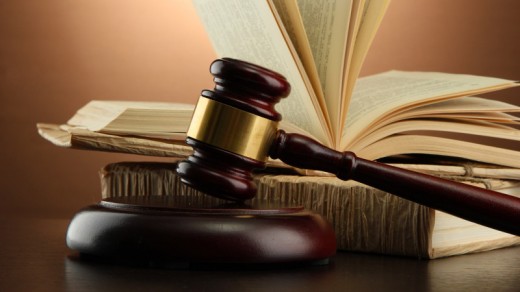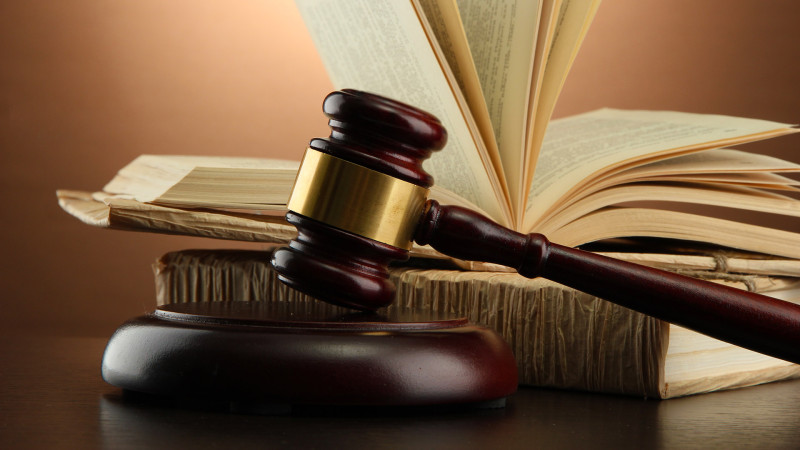Google Sues State Attorney General Who Allegedly Conspired With MPAA
Industry groups increasingly seek to use Attorneys General for own ends.
State Attorneys General are the top cops in every state and have traditionally been regarded as public officials of the highest integrity. However recent revelations from the NY Times and The Verge suggest they are now being targeted and manipulated by industry groups that can’t accomplish their objectives through formal legislation. As The Verge reported last week, the Motion Picture Association of America (MPAA), major movie studios and Mississippi State Attorney General Jim Hood have conspired to accomplish through Attorneys General the kinds of control over internet content and traffic that would have been granted them under SOPA, had that deeply flawed piece of legislation succeed. Hood’s office has effectively been used by MPAA private attorneys for an attack against Google as a prelude to a broader effort to control and censor content on the internet as originally envisioned by SOPA. While Hood denied the allegations that he was merely an industry puppet, Google’s own investigation shows that he was simply doing the bidding of the MPAA’s lawyers. Yesterday Google’s General Counsel Kent Walker wrote about this conspiracy:
The MPAA [ ] pitched Mississippi State Attorney General Jim Hood, an admitted SOPA supporter, and Attorney General Hood sent Google a letter making numerous accusations about the company. The letter was signed by General Hood but was actually drafted by an attorney at Jenner & Block—the MPAA’s law firm. As the New York Times has reported, the letter was only minimally edited by the state Attorney General before he signed it. Here is what the document showed about its true origin: Attorney General Hood told the Huffington Post earlier this week that the MPAA “has no major influence on my decision-making,” and that he “has never asked [the] MPAA a legal question” and “isn’t sure which lawyers they employ.” And yet today the Huffington Post and the Verge revealed that Attorney General Hood had numerous conversations with both MPAA staff and Jenner & Block attorneys about this matter.
Hood has issued a massive subpoena against Google, under the Mississippi Consumer Protection Act, in response to the company’s refusal to block (from search results and other websites such as YouTube) content that Hood (the MPAA) deemed illegal or otherwise in violation of copyright law. This does not appear to be a good-faith effort to enforce copyright law but rather to use the Attorney General’s office to control the internet and block content seen as objectionable or harmful to the MPAA’s interests. Now Google has turned around and sued Attorney General Hood in federal court in Mississippi (see filing below). In its motion for an injunction against Hood, Google alleges that Hood has served a “punitive and burdensome subpena” and moved to quash. The Electronic Frontier Foundation (EFF) has also commented on these events:
This coordinated campaign by the MPAA follows a trend of lobbyists funneling money and gifts to state attorneys general, who are subject to fewer restrictions and disclosure requirements than elected officials at the national level. The New York Times reported on this broader trend in a series of extensive articles beginning last October. In fact, one leaked Sony email consists of an MPAA official circulating the first in that series to 62 others, including numerous studio executivess and representatives of the Recording Industry Association of America (RIAA). Some of the state attorneys on the receiving end of these benefits have undertaken legal efforts against Google, sending formal letters and subpoena-like documents called civil investigative demands (CIDs), both of which appear to be drafted in some cases by the MPAA or their attorneys at the firm Jenner & Block. Mississippi’s Jim Hood of Mississippi in particular sent the current controversial 79-page subpoena to Google in October as a follow-up to a stern letter last year; a New York Times report demonstrates that the letter was drafted by the MPAA’s law firm and delivered largely unedited to Google. To be clear though: Google may be the target today, but the real target is the open Internet, which depends on free and uncensored platforms to survive. Any campaign to censor the Internet is cause for concern—and a secret one is all the more so. The public has clearly and unambiguously denounced the SOPA effort; it’s shameful to see its backers try to revive its goals by dodging the scrutiny of the democratic process.
The MPAA “backdoor” effort through Mississippi Attorney General Hood and the Energy Industry lobbying effort with several states Attorneys General (detailed by the NY Times) are disturbing to say the least. Whatever you think about Google you should be concerned about industry groups using public law enforcement officials to indirectly accomplish self-interested policy objectives they could not through the normal democratic process.
Marketing Land – Internet Marketing News, Strategies & Tips
(320)














